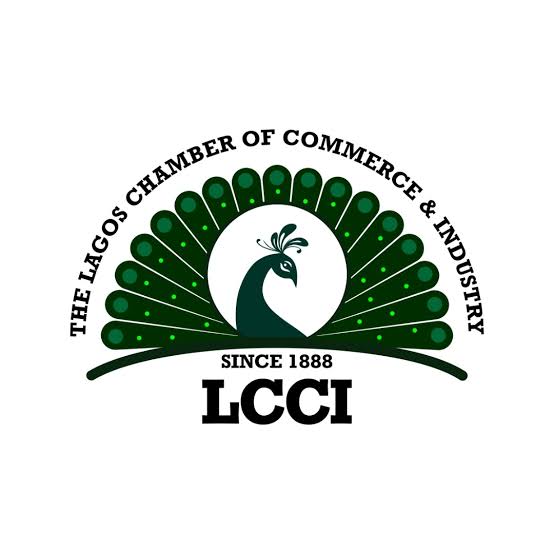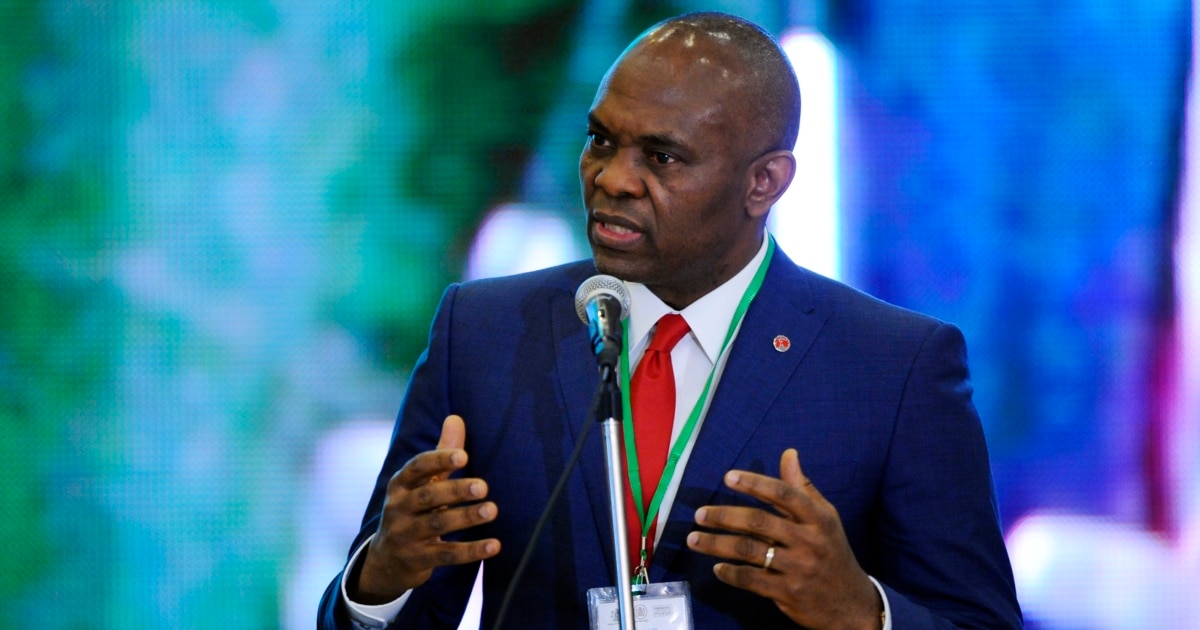The National President of the Nigerian Association of Chambers of Commerce, Industry, Mines, and Agriculture (NACCIMA), Mr. Dele Kelvin Oye, has tasked the federal government on overhauling and strengthening Nigeria’s Investment Promotion Agencies (IPAs) in order to attract investments to key sectors of the economy.
Oye gave this task in Benin, Edo State, during the Nigerian Investment Promotion Commission (NIPC) summit.
Oye said: “We are gathered to deliberate on how Investment Promotion Agencies (IPAs) can enhance their institutional capacities and facilitate collaborations that will ultimately attract impactful investments into Nigeria’s vital sectors.”
Oye said that the “government could implement public private partnerships to deliver infrastructure in strategic sectors.
“Examples are investment in agribusiness processing, private transport infrastructure storage, distribution, and export. Targeting sectors which create employment for youth using education and skills acquisition programs are easier than building factories or awarding government contracts.”
Oye stated that more youth would be gainfully employed if investment promotion agencies add human resources and skills development as investment opportunities.
According to him, sectors such as Information, Communication and Technology (ICT), tourism, hospitality, entertainment, music, heritage legacy, fashion, food, the green economy, nature and environment are still under exploited.
Oye said: “The security industry is currently dominated by the public sector. Government can consider private sector innovation and investment in specific areas where local technologies and industries can be strategic to Nigeria,” adding that “post analysis of COVID-19 pandemic demonstrated why Nigeria needs indigenous technologies and capacity to survive unexpected shocks.
“IPAs should also embrace investment opportunities arising from the ‘Japa Syndrome.’ Nigeria cannot influence world events but we can influence how we respond to these events.”
He pointed out that the IPAs could promote investment in medical and health skills training facilities, which would train the next generation of professions since the country’s current academic approach is suboptimal.
“We need an industry led approach to support our current academic endeavours.
“The consequence and outcome of an industrial approach will lead to manufacturing and industrialisation opportunities in pharmaceuticals, medical tools and equipment, consumer goods and capital goods.
“Our students should be graduating as employers and industrialists instead of looking for jobs,” he said.
He stated that Nigeria offers a vast consumer base driven by an increasingly affluent middle class” with its over 230 million population.
He said: “The question is: why are we not getting more high-impact investments into specific critical sectors in Nigeria?
“Our population is growing but per capita income is dropping. We can see this as a problem or an opportunity to disrupt existing market realities through government deregulation and innovative development policy which amplify market and technology opportunities for sectors like healthcare and education.
“Like China, Nigeria can potentially transform its growing number of impoverished citizens through private sector-led entrepreneurship programs and skills development training programs for specific sectors.
“These measures are cheaper, faster and target human resource capacity, which will produce a better impact in the long run as newly trained individuals become self-employed and create jobs.
“This focus is better than the current cash transfers, which apart from too little, creates a culture of dependency, without any viable positive impact, in the short and long term.”
Oye also said that Nigeria’s economic diversification is actively underway, moving beyond the oil sector.
According to him, “agriculture remains a cornerstone of the economy, with ample potential in processing, storage, distribution, and export,” adding that the technology sector is positioned for growth, which could be driven by innovation and a tech-savvy youth demographic.
He, however, said that Nigeria’s tourism sector is still underutilised.
“By aligning policies with industry insights, we can yield significant employment opportunities and directly address challenges such as youth migration, unemployment and insecurity,” he said.
He also noted that recent progress in the solid minerals sector has led to revenue increases and substantial foreign interest, which Nigeria could harness with strategic oversight.
He said: “The Nigerian government has proactively created an investment-friendly environment through initiatives like the Nigerian Investment Promotion Commission (NIPC) and various state-level investment agencies.
“The government through NIPC and other agencies offer tax incentives, immigration reforms, port reforms, etc., thereby promoting ease of doing business.
“While these incentives and streamlined business processes have made strides in attracting foreign direct investments, agencies such as Standard Organisation of Nigeria (SON), National Agency for Food and Drug Administration and Control (NAFDAC) and Federal Competition and Consumer Protection Commission (FCCPC) must align their operations and objectives toward supporting the private sector effectively.
“By launching state-level investment promotion units and encouraging synergies between federal and state IPAs, we can enhance local insights and strategically attract investments tailored to regional strengths,” he said.
Oye appealed that the NIPC and states’ IPAs level should collaborate with the various agencies to develop a real-time online dashboard of various approvals and applications in order to give visibility to other agencies.
He noted that this simple but crucial step will help at the national and state level, reduce the entanglement of multiple agencies at various levels of government
Oye said: “Addressing ethical concerns in sectors like cocoa cultivates an environment of accountability and integrity, essential for attracting investments.
“The NIPC must lead efforts promoting best practices and cooperation between the government and private sector.
“Public investment agencies can forge innovative partnerships to promote public good while minimising governmental backlash. Strategies like healthcare initiatives, establishing innovation hubs for entrepreneurship, addressing societal challenges through public-private partnerships, collaborating with research firms for data-driven policy and sustainability initiatives will also reinforce growth.
“If the above objectives are achieved through a collaborative effort with the OPSN, the NIPC and OPSN would have created a steady foundation to build up confidence in Nigeria’s investment landscape.
“The OPSN will be ready to commit resources to help the government achieve its investment mandate and economic diversification objectives.”
He added: “I implore that we reimagine our IPAs as catalysts for sustainable economic growth, community upliftment and innovative solutions.





